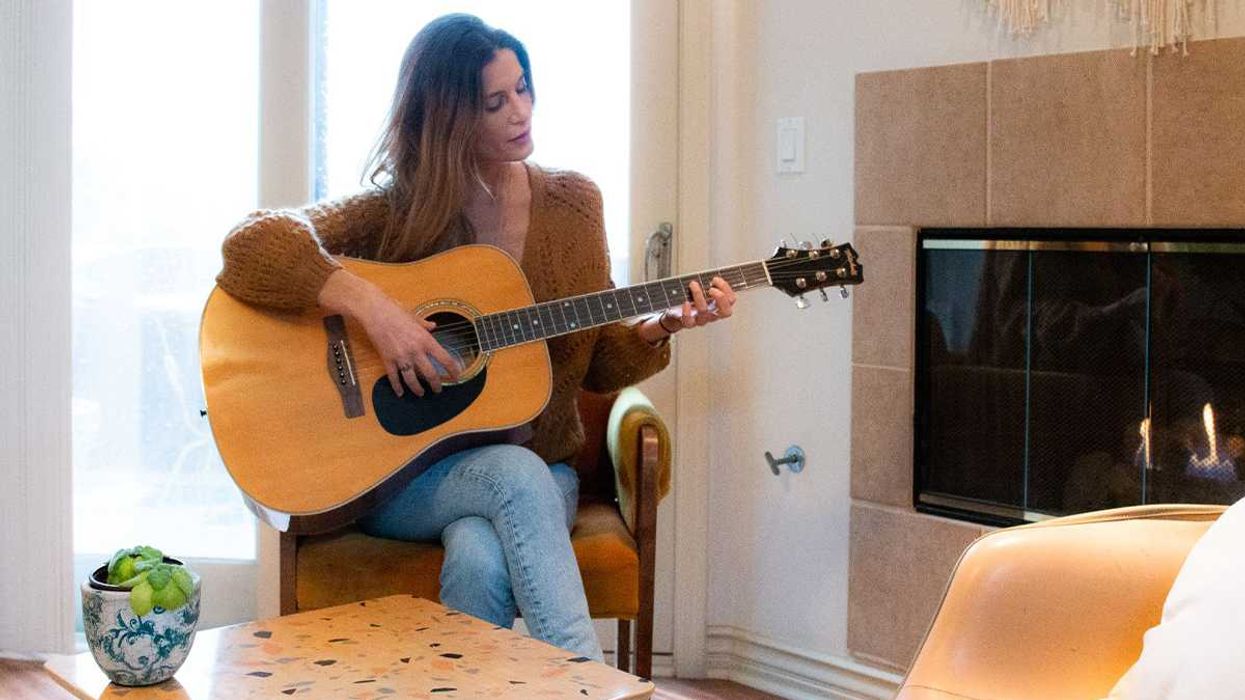This week, thousands of political leaders, businessmen and women, and celebrities descended upon Davos, Switzerland for the annual World Economic Forum. Also attending was a South African woman named Sarah Collins, but for a very different purpose than the others: to bring her invention the Wonderbag to the world stage in order to help save natural resources, create jobs, and protect women.
Her invention—which looks a little bit like a bundled up satchel one would throw over their shoulder—is a heat retention cooking bag which allows food to continue cooking once it's removed from heat. The device is insulated and keeps dishes like stews, soups, curries and rice, cooking until they're done.
By taking these meals off the fire early, less fuel and water—which can be sparse in developing regions—are used. 50 percent of the world's population still uses fire burning stoves, so that means a lot of time and money saved. This also means women will be safer. According to Womenintheworld.org:
Wood-fire cooking is risky, for many reasons—aside from the obvious danger of burns and smoke inhalation. The majority of those who collect cooking firewood are women, who often walk miles for this chore and run the risk of being raped on their way. At the Dadaal Refugee Camp in Kenya, for instance, 68 percent of reported rapes occurred when women were gathering firewood.
So far, 500,000 Wonderbags have been distributed in South Africa, with Collins' goal to bring them to millions. "With the help of our partners, we’re on a mission to see 100 million Wonderbags in homes around the world, saving more than 100 million tonnes of carbon over the life of those bags. That’s equivalent to over 200 million people avoiding long-haul flights," the entrepreneur says.
















 Otis knew before they did.
Otis knew before they did.